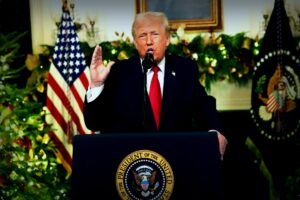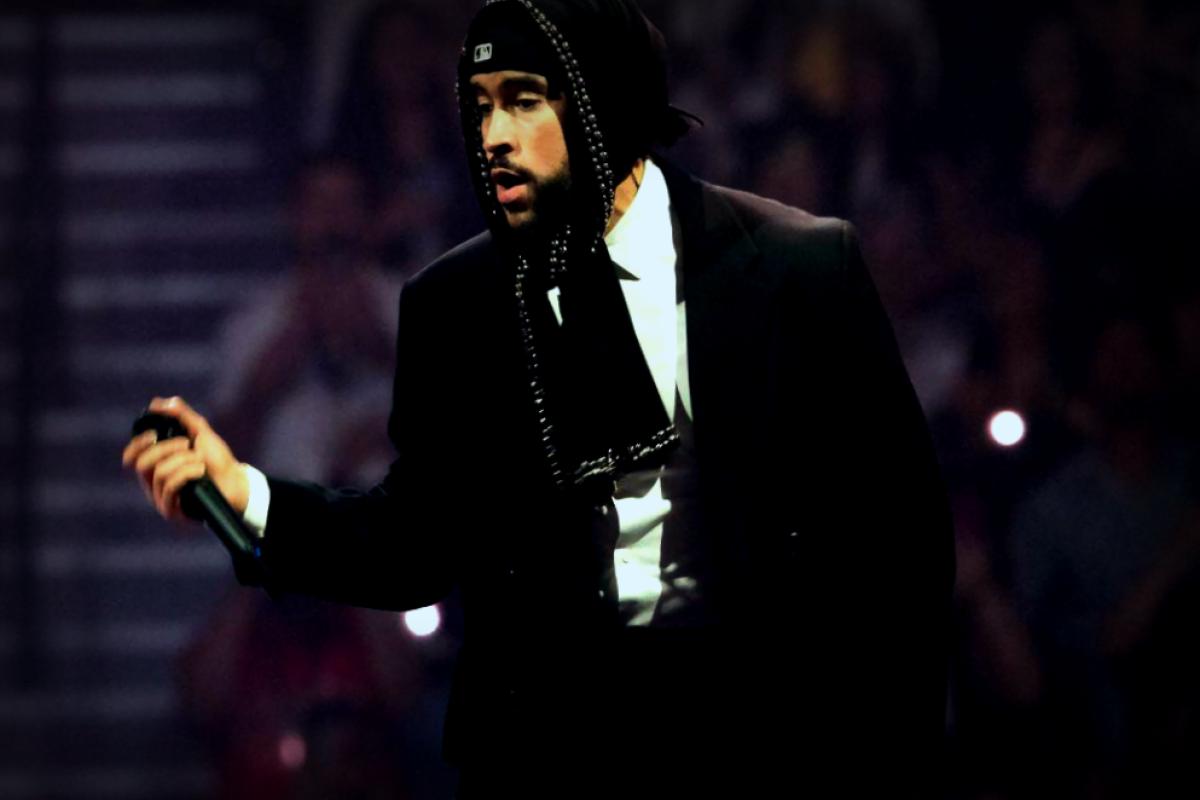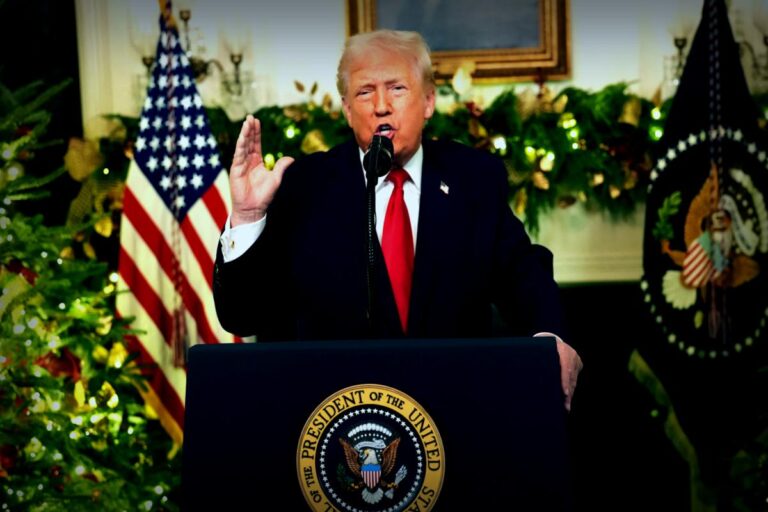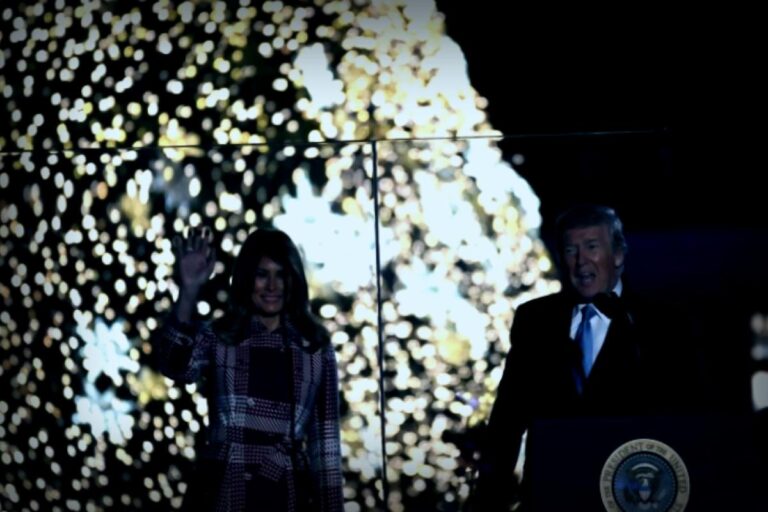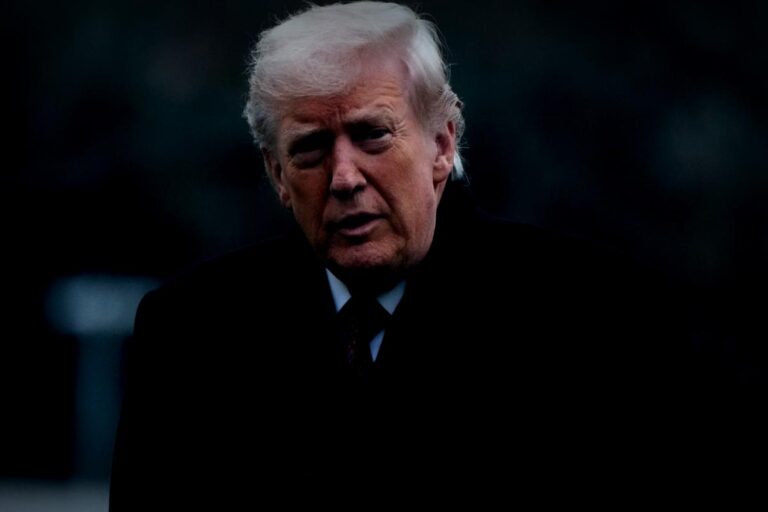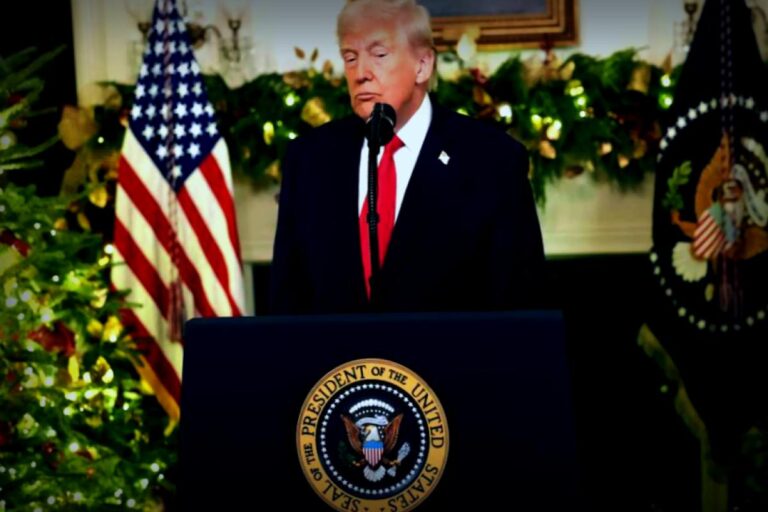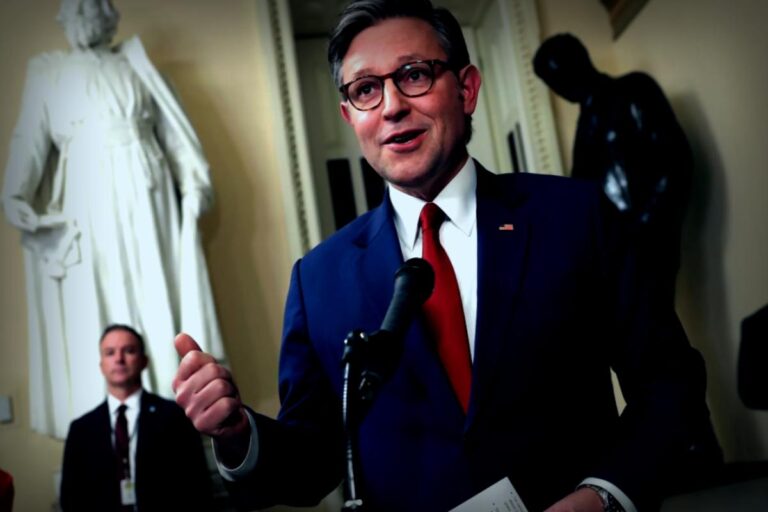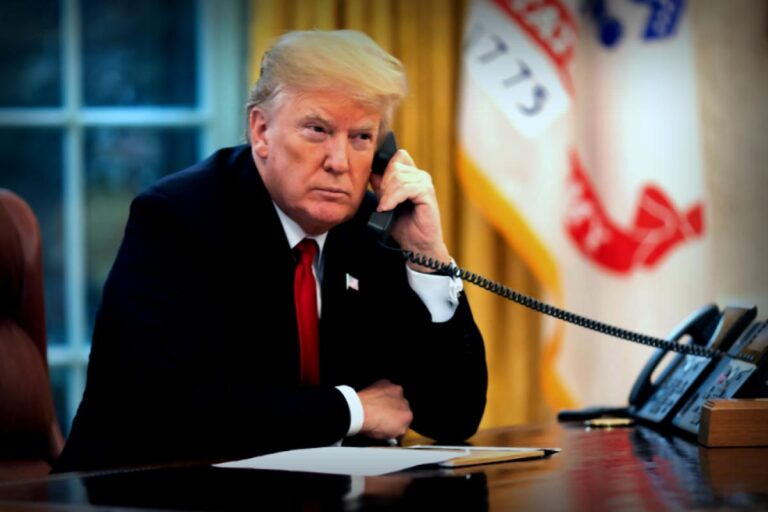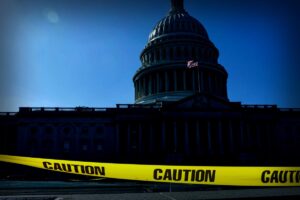The NFL has always claimed it stays away from political controversies. Yet, it seems like recent actions tell a different story. Take, for instance, their decision to book Bad Bunny, the Puerto Rican superstar who performs exclusively in Spanish and owns a restaurant in Miami, for the Super Bowl halftime show.
This is significant because it places a Puerto Rican artist front and center at one of the biggest American celebrations — the Super Bowl — during a time when the U.S. administration has a rather frosty view on immigration. Unsurprisingly, the league faced considerable backlash just one day after the announcement.
In the past, the NFL tread carefully, especially after Colin Kaepernick’s kneeling protest spurred intense debate. However, the organization now seems prepared to accept that politics inevitably intertwine with sports.
Booking Bad Bunny, known for his outspoken views and immense popularity, for America’s most-watched TV event signals a shift toward cultural and political awareness, whether the league acknowledges it or not.
Consider Bad Bunny’s impressive credentials: a Grammy winner and last year’s third-most streamed artist worldwide on Spotify, he stands not only as a performer but a defining voice for a generation. He hasn’t shied away from critiquing Washington’s handling of Puerto Rico post-Hurricane Maria. Interestingly, during his recent tour, he skipped over U.S. cities due to fears of potential ICE raids at his concerts. He took a stand, highlighting his concerns.
Following the NFL’s announcement, which coincided with his visit to his restaurant, Bad Bunny celebrated his roots and how his songs reflect Latino culture in America. He emphasized, “…this is for my people, my culture and our history,” showcasing the importance of representation in major platforms like the NFL.
The political challenges facing Latinos today, including the mass deportation policies from the Trump administration, frame Bad Bunny’s Super Bowl performance as a political statement. This caters to an essential part of the NFL’s audience while asserting that Latino culture matters in the league.
Historically, the NFL avoided overt political engagement. Just ten years ago, players standing in solidarity with Kaepernick were punished, while the league focused solely on football. But societal and demographic changes have prompted a shift. Since collaborating with Jay-Z’s Roc Nation for halftime productions, the NFL has made strides towards social commentary, adorning end zones with messages like “End Racism” and engaging in discussions about justice and equality—issues they once sidestepped.
The halftime shows, particularly, have become a hotbed for such political evolution. Kendrick Lamar’s performance last year sparked over a hundred complaints citing the absence of white performers. Similarly, Shakira and Jennifer Lopez, along with guest acts like Bad Bunny, included imagery reminiscent of tragic political issues—leading to heated debates.
Bad Bunny himself is already attracting the usual critics from the MAGA crowd, but his headline gig highlights the NFL’s push for connection with the younger, increasingly diverse audience. This audience includes millions of Latino fans, fostering a broader and more inclusive image of America amidst rising challenges against this idea.
Indeed, the NFL has leaned more into politics than it used to, and selection of Bad Bunny certainly plays a role in that. Perhaps it’s just a product of today’s environment: football halftime shows are no longer mere entertainment but resonate deeper concerning identity and inclusion.

